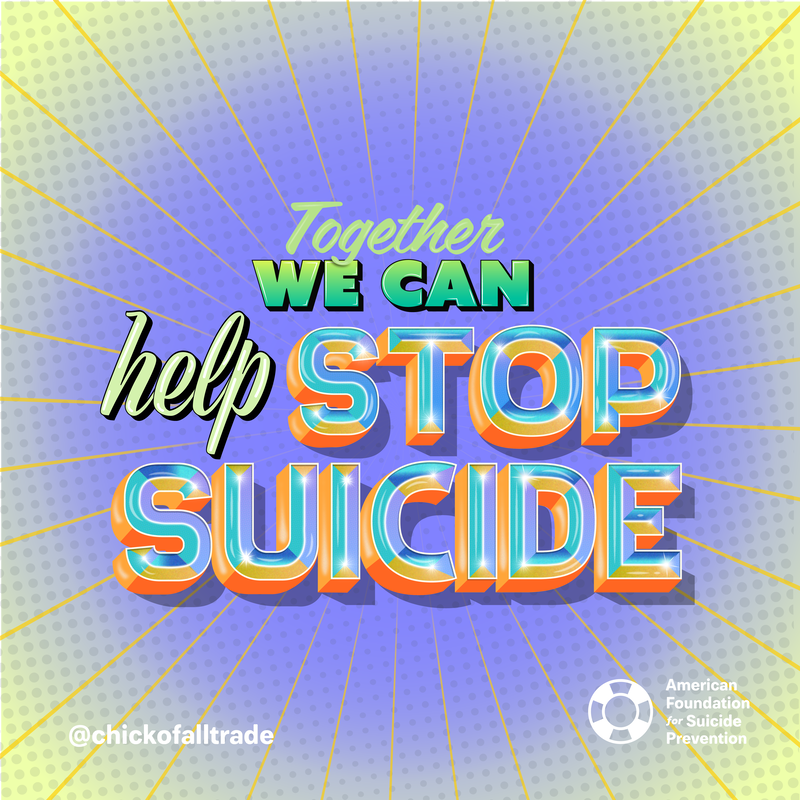|
“I want to be a social worker”
It is not uncommon to hear this or a variation thereof from youth who have been in foster care. Inspired by the help they received or the help they wished they had received, these young people want to be a part of improving the system. However, becoming a social worker or other human services professional is not simple. It requires, at least, a bachelor’s degree, and that bachelor’s degree not only comes with 4 years of classes but at least one in-person internship, as well. This may seem doable for the stereotypical college student, but youth in foster care are far from the standard. Many are unable to attend college right out of high school, returning years later when they may already have full-time jobs, families and other responsibilities. Those who are able to transition straight from high school to college are still likely to be paying, if not for their education, for everything else - rent, utilities, food, etc. This not only makes a demanding course load harder but also makes a 16 hour/week internship nearly impossible to pull off without help. At the R.J. Leonard Foundation we are privileged to work with many young people who want to give back - who dream of working in social work, criminal justice, psychology and more. Help us make those dreams a reality by becoming a part of the RJLF family. Learn more about how you can donate or volunteer here.
0 Comments
At the R.J. Leonard Foundation, we encourage our volunteers to take part in suicide prevention training, either hosting the training ourselves or connecting Mentors and Board Members with the opportunity elsewhere. Recently, a potential volunteer questioned the need for suicide prevention training. He was planning to be a mentor, he said, not a counselor. Would he be expected to address suicidal ideations on his own?
The answer was, of course, no … but. We don’t expect our Mentors to take on the role and responsibility of a crisis counselor. But that doesn’t mean a Mentor - or anyone - should pass up the opportunity to better understand suicide and suicide prevention. The reason for that is simple - suicide can affect anyone. There are factors that indicate a greater risk, but people of all ages, from all backgrounds experience suicidal ideations, attempt suicide or die by suicide every year. Suicide is , in fact, the 10th leading cause of death in the United States. Thus, we believe it is imperative that anyone in a role of support and guidance be informed about suicide prevention. Truthfully, we believe that everyone should be informed about suicide prevention. September is National Suicide Prevention Month. May it serve as a reminder and an opportunity for us all to learn more. Is it too soon to think about the holidays? It might feel like it. After all, kids just went back to school and the Halloween decorations are just now hitting the aisles of Target. But it won’t be long before Thanksgiving, Christmas, Hanukkah, the New Year and more are upon us. In fact, ongoing shipping delays already have the media and stores urging early ordering.
And if the time is now to make your holiday shopping spreadsheet (just me?), then it’s also time for you to start brainstorming your holiday/end-of-year giving plan. The fall is a great time to research local organizations and groups. Many, like RJLF, are hosting fall events (in-person or virtual) that will allow you to meet, learn and get a better feel for the cause. They’re also preparing end-of-year fundraising drives. At RJLF, we’ll be participating in Giving Tuesday and launching an annual gift drive to help our Fellows and their families have a happy holiday. Knowing what’s out there and who’s in need will allow you to enter the holiday season ready to spread cheer. If you’d like to learn more about RJLF, contact us here. Financial aid is often the deciding factor in whether a student is able to attend their school of choice - or any school for that matter. In fact, at the R.J. Leonard Foundation, many of our scholarships go toward filling in where financial aid falls short. When students receive their financial aid package, it can come as a huge sigh of relief, but that sigh can be cut short by the expectations that come with the assistance.
A new report published by John Burton Advocates for Youth (JBAY) sheds light on the requirement for Satisfactory Academic Progress (SAP). SAP typically requires a student to maintain a specific GPA and course completion rate in order to retain their education grants. If a student does not meet SAP, their financial aid can be withdrawn. According to the Annie E. Casey Foundation, “The JBAY report ... found that over a third of all youth in foster care and 42% of Black youth in foster care did not meet SAP requirements during their first year at community college. Black, Native American and Hispanic students represented in the study were more than twice as likely not to meet SAP than white and Asian students.” When financial aid is withdrawn, the student is more likely to drop out of college. The JBAY report urged schools and states to adopt policies and practices that offer a greater level of support to students. By, for example, creating escalating GPA requirements that allow for a lower GPA in a student’s first year of college, schools may be able to help more students remain at college and graduate. This report is a good reminder that getting to college is not the ultimate goal. Students must have the resources, tools and support they need to successfully complete their degrees once there. |
Categories
All
Archives
July 2024
|
|
1097 Street Road
New Hope, PA 18938 |



 RSS Feed
RSS Feed
